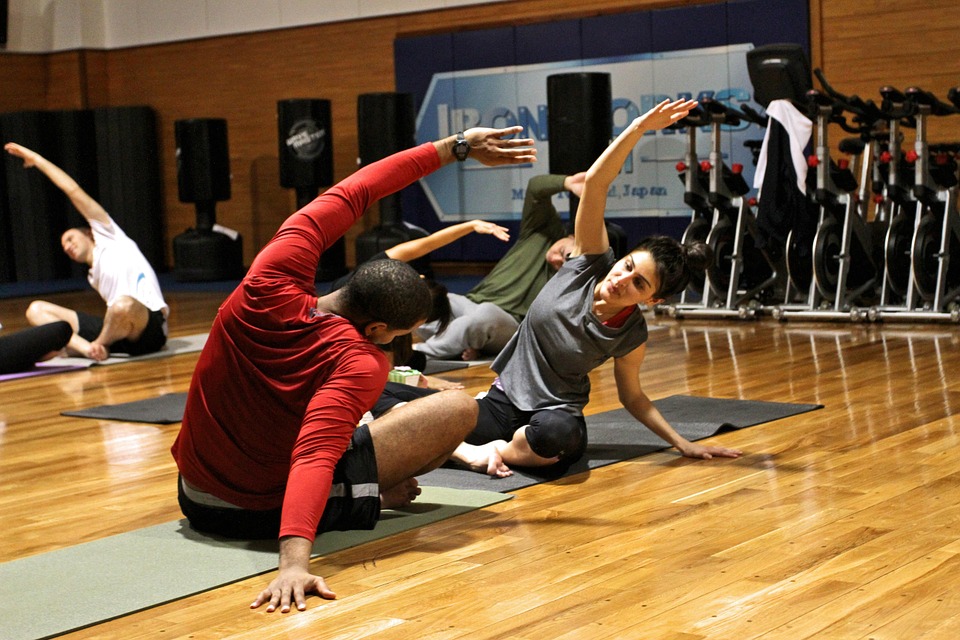
Activity during exams may boost brain power
By Christie Melhorn, November 29 2016 —
In the thick of my undergrad, I took the unhealthy cram-until-you-collapse-then-drink-a-Red Bull approach to surviving exam period. The lack of physical activity and excessive sugar made me feel awful. It made my spine feel like a piece of cardboard and my restlessly bobbing feet felt like they would fly off. I still remember my frustration in those moments but I couldn’t tell you much about the material I was reviewing.
Sitting in the same spot for hours hunched over your notes is a sure concentration killer. Dr. Joseph Mercola — an osteopathic physician with fellowship status from the American College of Nutrition — asserts that even three hours of sitting stunts the production of brain and mood enhancing chemicals due to the reduced blood flow to the brain. This creates a brain fog that even the most desperately highlighted page of your textbook can’t penetrate. Shape magazine explains that just 30 minutes of moderate physical activity can help shake your sluggishness and boost your brain power.
Executive editor of the Harvard Health Letter Heidi Godman says that regular exercise improves memory retention. Aerobic activity enlarges the hippocampus — the part of our brain associated with memory, emotion and learning. According to TIME magazine, even just one workout performed four hours after completing a memory-related task can help you retain what you learned.
If you’re up for a challenge, high intensity interval training (HIIT) can increase levels of brain-derived neurotrophic factor — a brain-derived protein — that is linked with stronger decision making skills and critical thinking — this is perfect for either writing a paper or hammering through flashcards.
If you’re not up for HIIT, the Anxiety and Depression Association of American advocates that going for a 15-minute walk can sharpen your alertness and diminish anxiety, helping you to concentrate more clearly. This could easily be accomplished on campus by walking from TFDL to the Social Sciences building and back. Walking up the stairs from the first floor of TFDL to at least the third floor is also a nice quick way to get your heart rate up indoors.
Getting some social interaction while working out can also help refresh your mind. In general, group fitness classes are fun and rewarding. Research by Oxford’s Institute for Cognitive and Evolutionary Anthropology indicates that we get an extra surge of endorphins when working out with others rather than by ourselves. The dramatic endorphin kick can help you return to studying with a boosted morale, which is a fragile thing during exams. For $30, you can take a Zumba class through Active Living Center on campus every Tuesday at noon from Dec. 13–Jan. 3 and every Wednesday at 5:00 p.m. from Dec. 14 to Jan. 4. This could be a great way to vent with fellow students and melt stress off.
Whatever type of activity you feel like pursuing, finding time for exercise will improve how effectively you study and could help you score higher grades. So the next time your back is about to snap from studying for too long, get out of your chair and start moving.
